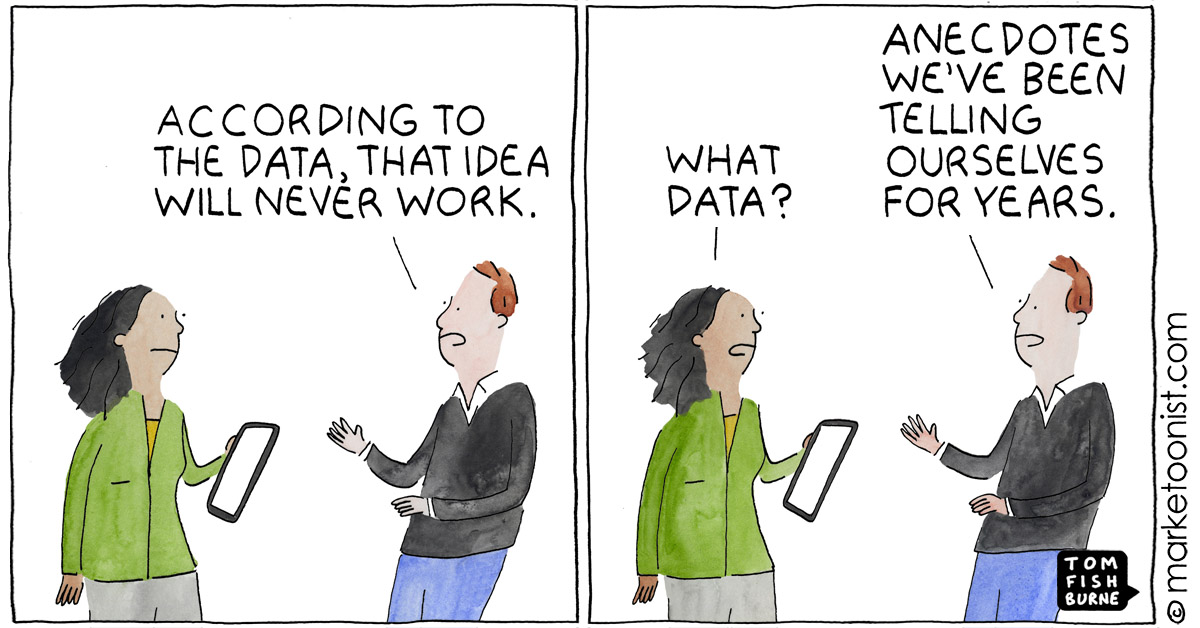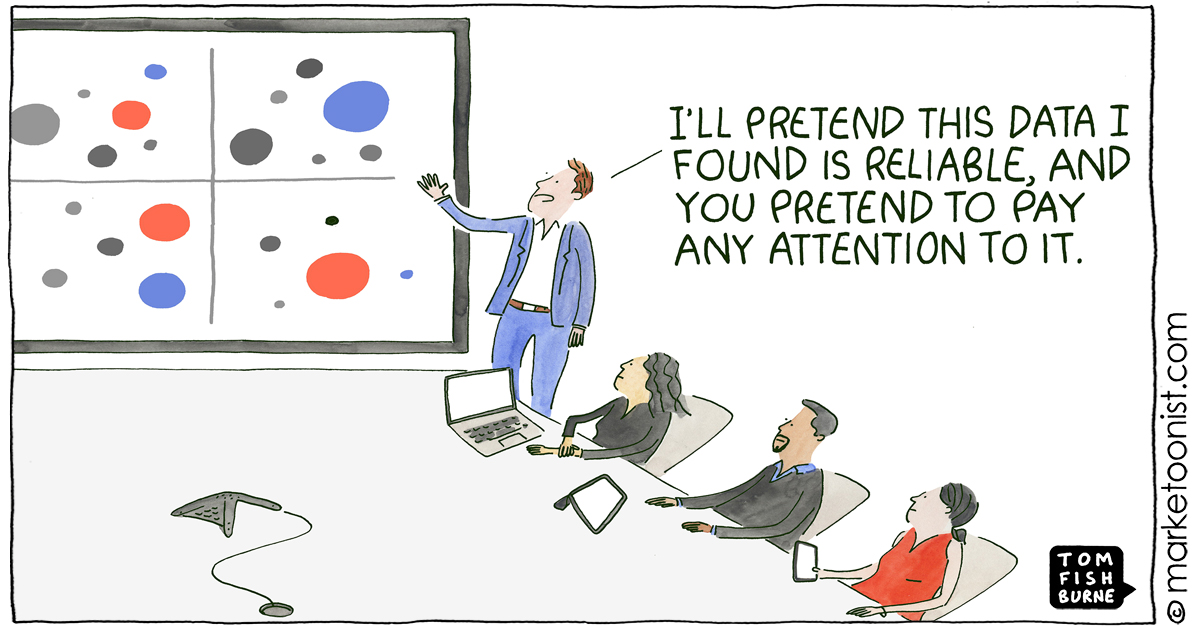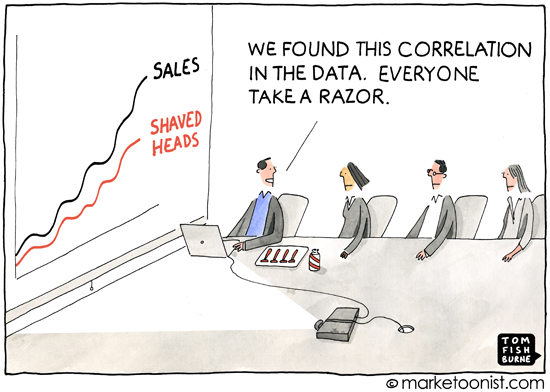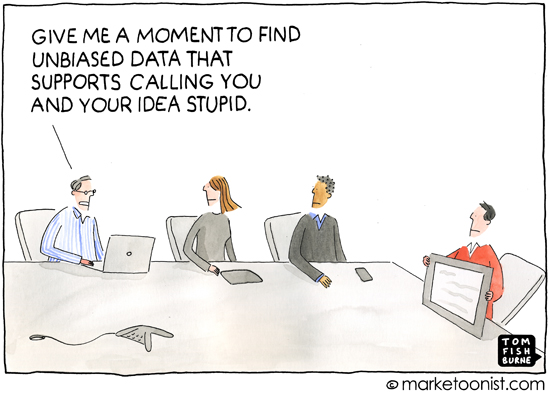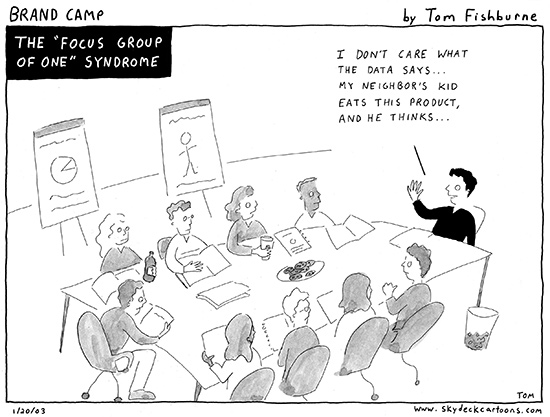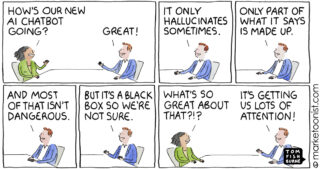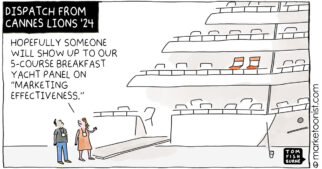There’s a well-known aphorism that “the plural of anecdote is not data.”
I found it interesting to learn that the origin of that line was actually the opposite. In the late 60s, a Cal Professor and political scientist named Ray Wolfinger heard a student dismiss a statement as “just an anecdote” and responded that “the plural of anecdote is data.”
Both expressions are catchy and both ring true to me for different reasons. Making decisions in business often involves weighing imperfect and sometimes contradictory information.
At one of end of the spectrum, we often give too much credit to institutional folklore. These often take the form of anecdotes we tell ourselves to represent our categories, our customer personas, and how people think about our brands. Sometimes we no longer even remember the origin of these anecdotes. These anecdotes can be valuable shorthand, but they can also be limiting, biased, or totally wrong. Anecdotes are sometimes thinly veiled opinions.
At the other end of the spectrum, anecdotes can be a form of unstructured data that can lead to interesting insights. All data comes from somewhere after all. The question is whether the anecdotes are representative and whether there is enough of a sample size to know.
Ultimately, we need both the qualitative and the quantitative — the unstructured and the structured data — to make sense of the business world.
In this era of data-driven and evidence-based decision making, we have more data than we know what to do with. Part of the art and science of working with data is probing the source, questioning the assumptions, and coming at it with humility.
Many of the breakthroughs of challenger brands come from toppling category truisms, and inverting how incumbents look at the world.
When I was an HBS student, I helped find speakers for their 2001 tech conference called Cyberposium (the name felt a little dated, even then). It was just a year after the March 2000 dot-com collapse and many of the early web entrepreneurs were there. I spent part of a morning with Jim Barksdale, founding CEO of Netscape. He had great stories and business aphorisms.
One of Jim Barksdale’s observations I’ve always liked:
“If we have data, let’s look at data. If all we have are opinions, let’s go with mine.”
Here are a few related cartoons I’ve drawn over the years:
